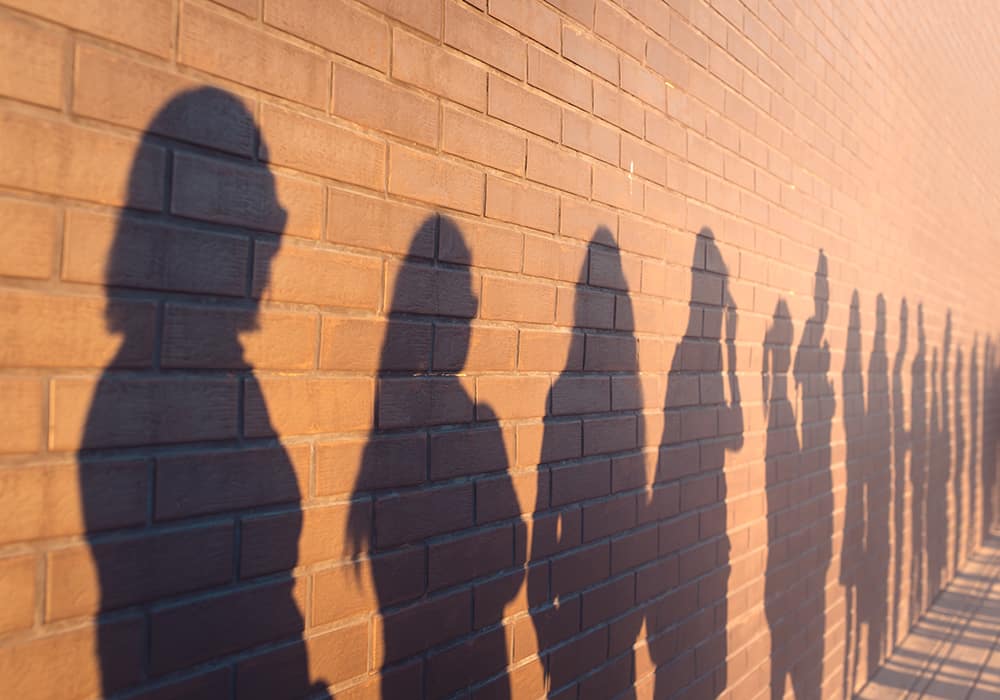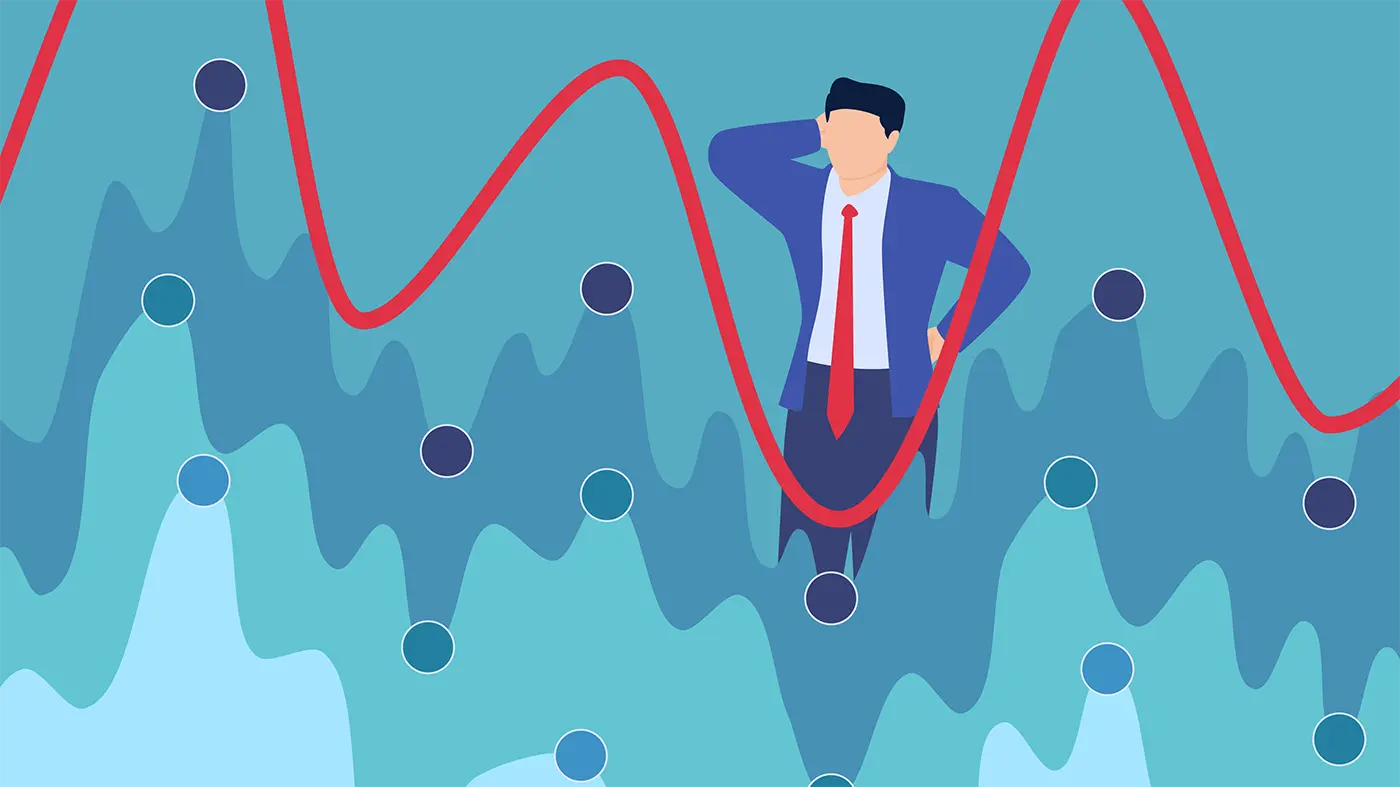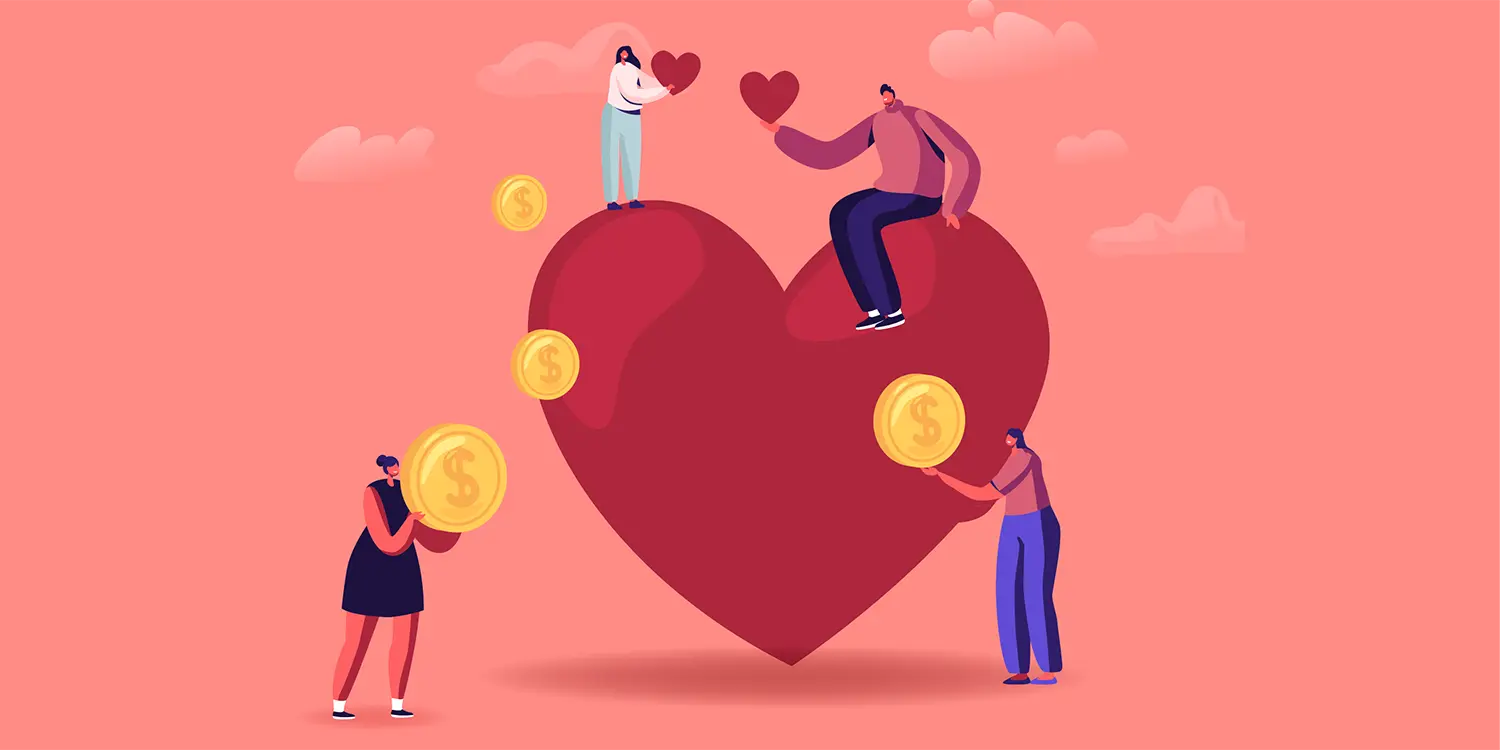The unemployment rate is the percentage of unemployed workers in the total labor force and indicates the health of the U.S. economy. COVID-19 has significantly impacted unemployment to record numbers not previously seen since the government began tracking the data in 1939. COVID-19 has surpassed The Great Depression in the amount of unemployed and the economic fallout to businesses and workers.
Job loss?
For people who have lost their jobs, the consequences of the economic sting hurt. The unemployed face a personal crisis as they try to make ends meet paying for food, housing costs, and essential items. When people are working, they spend more on non-essential items. When they are not receiving a regular paycheck, their additional spending on non-essential items diminishes. But what is significant about today’s unemployment?
- Forty-four million Americans have become unemployed during the COVID-19 pandemic since March 2020.
- The week of June 4-11, 2020, there were over 1.5 million new unemployment claims nationwide, compared to 22,000 during the same week last year.
- COVID-19 has wiped out all job gains since The Great Recession of 2007
- States are experiencing triple to quadruple numbers of monthly new unemployment claims compared to the same period in 2019.
Source: “States Hit Most by Unemployment Claims,” -WalletHub, June 11th, 2020
unemployment benefits
The Bureau of Labor Statistics tracks unemployment claims for new unemployment benefits. However, when those benefits run out, the unemployed individual no longer counts, resulting in the actual number of unemployed being inaccurate. For this reason, there may be more unemployed Americans than the numbers report.
personal consumption
Unemployment affects the disposable income of families, their self-esteem, and purchasing power. When wages are lost due to unemployment, other worker’s jobs are at stake, creating a ripple effect over the entire economy. In the U.S., 70% produced purchases through personal consumption- dining out, service memberships such as gyms, and entertainment. When people stop receiving their paychecks, the service industry is also impacted and at risk for layoffs and business closings. Especially struck are areas of the U.S. that rely on visiting travelers to boost their economies.

COVID-19 has significantly affected U.S. unemployment and our economy, and that recovery will take months, or even years to return to where it was in 2019.
If you have been laid-off or lost your job, you may be eligible for a retirement savings plan distribution with no early distribution penalty (taxes are due) through The CARES Act. Feel free to contact me for more information.





